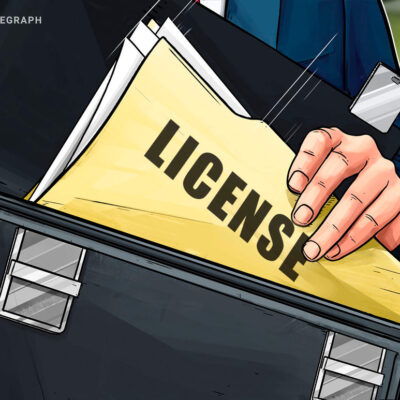Major South Korean crypto exchanges including Upbit, Bithumb and Korbit will follow Coinone’s lead in banning transfers to non-verified wallets, industry analysts say.
Yesterday Coinone announced that it would reject deposits from unverified private wallets starting Jan. 24 to reduce the risk of money laundering. All Korean exchanges, including Upbit, Bithumb, Korbit and 20 others, are expected to implement similar or identical measures as Coinone by or before March 25. The Korean government set the deadline for exchanges to track coin transactions on and off their platforms accurately.
Korean blockchain industry analyst Jun Hyuk Ahn told Cointelegraph, “Korean exchanges are creating their own Travel Rule solutions in order to meet the requirements to operate post-March.â€
“All the Korean exchanges are going to have to use some travel rule system by March because that’s when the government has set a deadline for them. Coinone just did it first.â€
The rule for exchanges will also help the far eastern nation come into compliance with the Financial Action Task Force (FATF) “travel rule.â€
According to anti-money laundering (AML) Compliance service Sygna, the travel rule stipulates that national governments must “ensure domestic exchanges share real-identity information with transmittal counterparties or face increased AML/CFT monitoring.â€
These compliance stipulations for exchanges are part of a long series of regulatory restrictions for crypto exchanges which started with the real-name bank account requirement for all users. Before that rule was implemented in 2018, crypto exchange accounts could be linked to a bank account owned by multiple individuals.
By Sep. 2021, exchanges were required to have Internet Security Management System (ISMS) verification and a single domestic bank partner which would issue real-name accounts. All exchanges that could not meet the requirements were forced to remove KRW pairs from trading or suspend services altogether.
Related: Binance Turkey fined 8M lira for non-compliance against money laundering
The country has grappled with global FATF compliance issues related to nonfungible tokens (NFT) as well. Financial regulators flip-flopped on their policy direction regarding NFTs until the latest statement from the Financial Services Commission stated on Nov. 24 that it would explore its options to regulate and tax NFTs.
Globally, South Korea’s exchanges are the outliers in complying with the rule. As of now, there are no other major crypto spot exchanges that require users to verify their private wallets.






